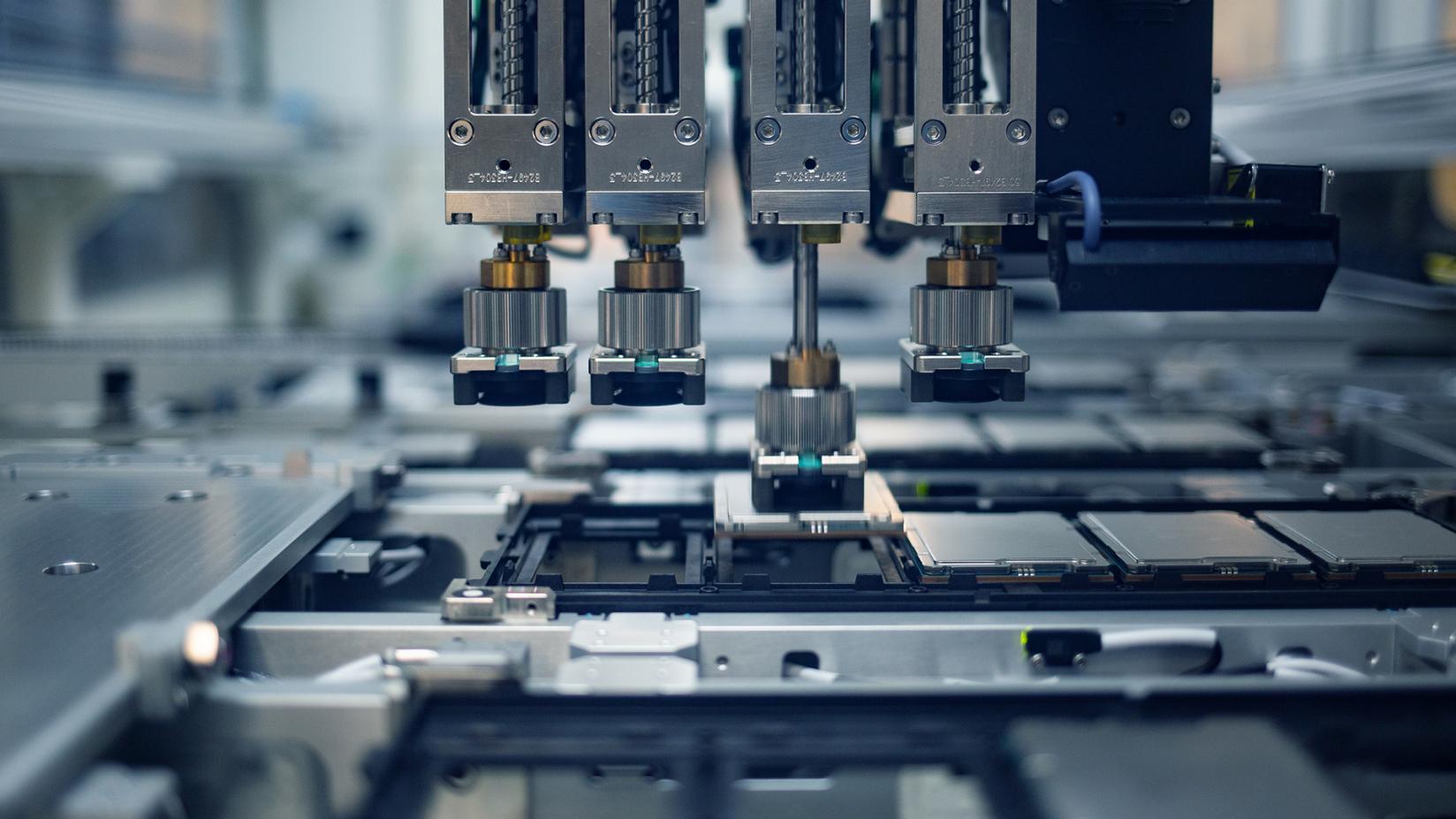|
Getting your Trinity Audio player ready...
|
China’s largest chip producer, Semiconductor Manufacturing International Corp (SMIC), said its revenues for 2024 reached an all-time high, but profits nearly halved year-on-year as it deals with the effect of US sanctions.
SMIC said full-year revenues grew 27 percent to $8 billion (£6.2bn), but net profit sank 45.4 percent to $493m.
Meanwhile the country’s second-biggest chipmaker, Hua Hong Semiconductor, said 2024 revenues fell 12.3 percent year-on-year to $2bn, while profits plunged 79.2 percent to $58m.

Sanctions
The slump in profits comes as Chinese chip companies are forced to rely more on China’s domestic chip market due to US sanctions, intensifying competition.
SMIC said China accounted for 85 percent of sales in 2024, up from 80 percent in 2023, while the US accounted for 12 percent of sales, down from 16 percent in 2023.
Sanctions also prevent chip companies from accessing advanced Western equipment and technologies, making it more difficult for them to progress to higher-end manufacturing processes with broader profit margins.
Taiwan’s TSMC, the world’s biggest contract chipmaker, by contrast reported net profits for 2024 that surged nearly 40 percent to $35bn, more than 70 times SMIC’s profits, based on revenues that are only 12 times that of SMIC.
SMIC said consumer electronics surged to become its top segment for chip sales, at 38 percent, followed by smartphones and computers.
In its annual report SMIC said current trade tensions mean increased risks of disruption to supplies of equipment, raw materials, parts, software and service support.
Advanced processes
Disruption could occur if “the trade friction between the United States and China escalates, such as in the form of heightened import, export and investment restrictions, increased tariffs or establishment of other trade barriers”, SMIC said.
The company is Huawei’s main manufacturing partner for Huawei’s in-house chips, including 5G smartphone chips, mobile processors, AI chips and upcoming desktop chips.
But SMIC is obliged to use older equipment, meaning that its yield with more advanced manufacturing processes is relatively low, increasing costs and decreasing profits.
SMIC is planning to complete development of a 5 nanometre process this year, but its costs could be 50 percent greater than those of TSMC, according to findings by South Korea’s KIWOOM Securities reported by technology blog WccfTech last week.





